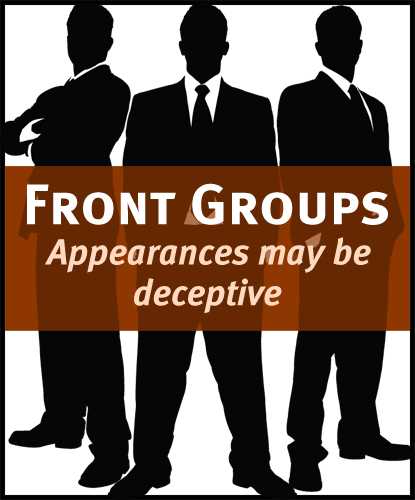Actress Suzanne Pleshette's recent death from "respiratory distress" was sad. Most of the articles about it briefly mention that she had been fighting lung cancer, but fail to mention that she had been a cigarette smoker in the past. Cigarette smoking is the single biggest cause of lung cancer.
It is rarely discussed, but tobacco has taken an extraordinarily heavy toll on Hollywood. The list of beloved celebrities killed by smokers' diseases is huge, and growing: George Harrison, Johnny Carson, Dana Reeve, Yul Brynner, Lucille Ball, Walt Disney, Nat King Cole, Joe DiMaggio, Michael Landon, Sammy Davis, Jr., Dean Martin, Betty Grable, and Babe Ruth to name just a few. Despite this, the failure to mention a person's smoking history in obituary columns is the norm in celebrity deaths. In just one glaring example, a four page obituary about the 2005 death of prominent news anchor Peter Jennings published by his own network, ABC, fails to mention the contribution that smoking made to Jennings' tragic and untimely death. A CNN's column about Jennings' death didn't mention it either. Something is up when major news organizations omit any mention the single most prominent cause of the death of a renowned news anchor.
 R.J. Reynolds (RJR) may be funding a South Carolina anti-tax group to oppose a cigarette tax for health care. The Cover Carolina Collaborative, a group of health care organizations, is proposing that the state's tax be raised to $1.00 a pack, to help cover uninsured employees. South Carolina currently has the lowest cigarette tax in the nation, at seven cents a pack.
R.J. Reynolds (RJR) may be funding a South Carolina anti-tax group to oppose a cigarette tax for health care. The Cover Carolina Collaborative, a group of health care organizations, is proposing that the state's tax be raised to $1.00 a pack, to help cover uninsured employees. South Carolina currently has the lowest cigarette tax in the nation, at seven cents a pack.
 A February 9 Los Angeles Times
A February 9 Los Angeles Times  When the dangers of smoking first became widely known, cigarette companies secretly hired biomedical scientists to create confusion.
When the dangers of smoking first became widely known, cigarette companies secretly hired biomedical scientists to create confusion. "Here's a recipe for academic controversy," observes Richard C. Paddock: "First, find dozens of hard-core teenage smokers as young as 14 and study their brains with high-tech scans. Second, feed vervet monkeys liquid nicotine and then kill at least six of them to examine their brains. Third, accept $6 million from tobacco giant
"Here's a recipe for academic controversy," observes Richard C. Paddock: "First, find dozens of hard-core teenage smokers as young as 14 and study their brains with high-tech scans. Second, feed vervet monkeys liquid nicotine and then kill at least six of them to examine their brains. Third, accept $6 million from tobacco giant  With marketing constraints increasing and cigarette usage declining in the developed world,
With marketing constraints increasing and cigarette usage declining in the developed world,  Today, the Center for Media and Democracy and our partners at
Today, the Center for Media and Democracy and our partners at